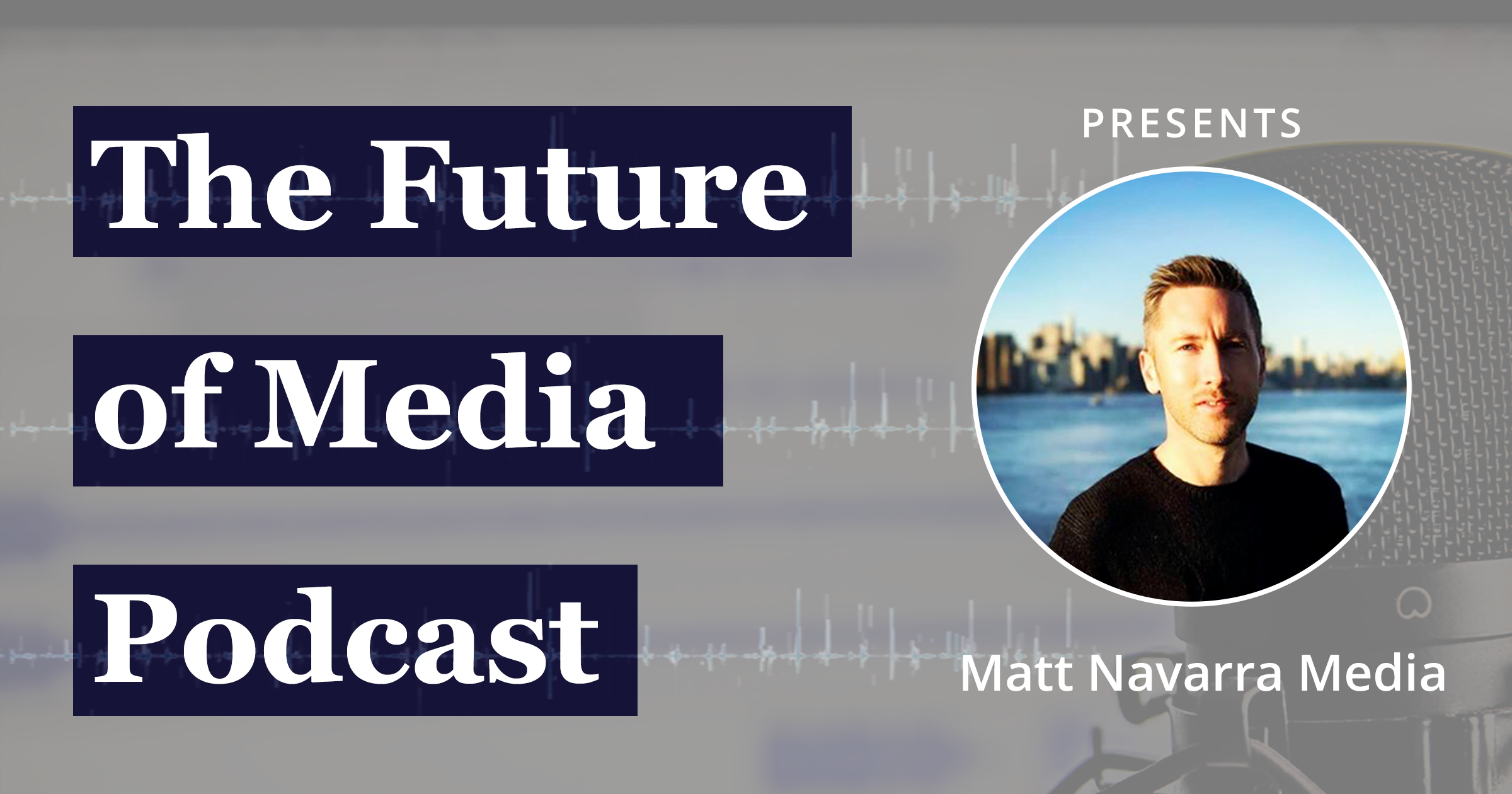
Hold Tight, Facebook Groups Are Just Getting Started
Social media expert Matt Navarra shares insights on the evolution of Facebook Groups and how brands can leverage community building for authentic engagement in an increasingly crowded digital landscape.
Guest

Matt Navarra
Social Media Consultant
Matt is a freelance social and digital media consultant. Previous clients include BBC, ITV, United Nations, International Red Cross. Prior to working as a consultant, Matt was Director of Social Media at global technology news and events company The Next Web (TNW), and a digital communications expert for the UK Government. While at TNW, Matt was responsible for creating and implementing its editorial social media strategy to engage with a global audience of over 10 million readers, and 5 million social followers. He also developed the strategy and led a team of 15 people to deliver the social media output for one of the world's most popular tech festivals, TNW Conference, which generated 450+ million social media impressions in 2017. Matt frequently appears on BBC News (TV/Radio), Sky News, NBC Europe and other channels as a social media industry commentator.
Key Takeaways
- 1Facebook Groups provide more intimate community experiences than Pages
- 2Authentic engagement requires genuine participation, not just promotion
- 3Community building is a long-term strategy that requires patience
- 4Groups allow for deeper conversations and relationship building
- 5Brands must add value to communities, not just extract attention
- 6The future of social media is moving towards smaller, focused communities
- 7Moderation and community management are crucial for group success
Listen on Spotify
Full Interview
Patrick: Hi everyone, I'm here with Matt Navarra, a social media consultant and expert. Matt, thanks for joining us today.
Matt: Thanks for having me, Patrick. Great to be here.
Patrick: You've been watching the evolution of Facebook Groups closely. What makes them so compelling for brands and creators?
Matt: Facebook Groups represent a shift towards more intimate, community-driven experiences. Unlike Pages, which can feel very broadcast-oriented, Groups foster genuine two-way conversations. They're perfect for building those deeper relationships that brands need to thrive in today's attention economy.
Patrick: How do you see the future of online communities evolving?
Matt: I think we're moving away from the massive, open social networks towards smaller, more focused communities. People want to connect with others who share their specific interests and values. This creates opportunities for brands to build more meaningful relationships with their audiences.
Published on March 12, 2019
